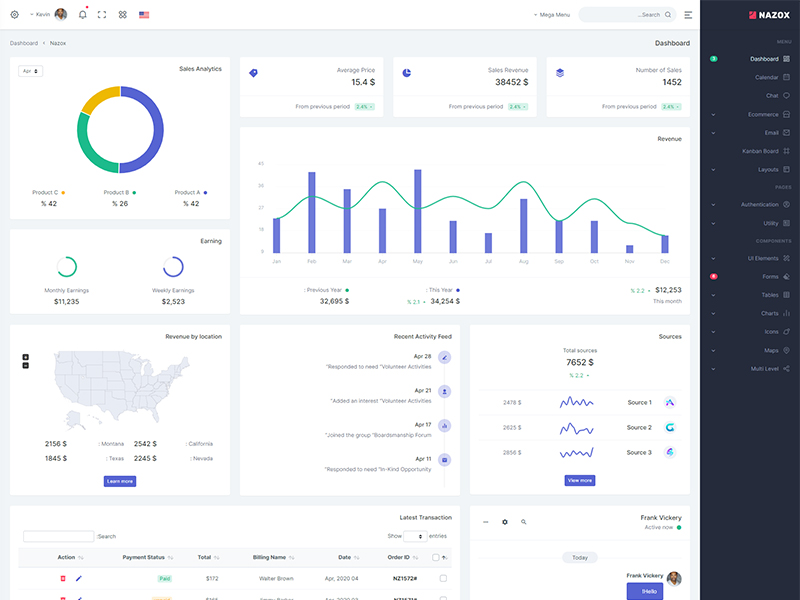What is Hashrate?
In cryptocurrency mining, hashrate is the measure of a miner's performance. It refers to the amount of hashes that a miner can perform per second. Hashrate is an important value because it determines a miner's ability to solve a proof-of-work problem, which is necessary to validate a transaction and add it to a blockchain.
The higher a miner's hashrate, the more likely they are to solve a problem and earn rewards. This is why miners with high hashrates are often able to earn more cryptocurrency than those with lower hashrates.
Hashrate can be expressed in several units, including:
- Hashes per second (H/s)
- Kilohashes per second (KH/s)
- Megahashes per second (MH/s)
- Gigahashes per second (GH/s)
- Terahashes per second (TH/s)
Hashrate is typically measured in mega hashes per second (MH/s) or giga hashes per second (GH/s).
It's important to note that hashrate is not the same as the number of transactions that a miner can process per second. Transactions are processed by the entire network, not just individual miners.




